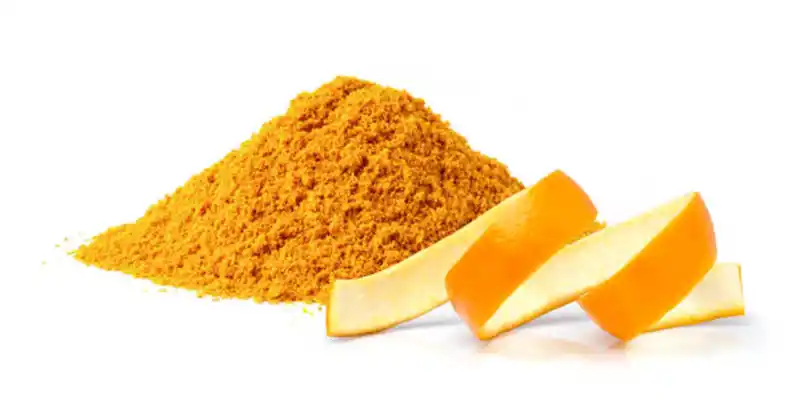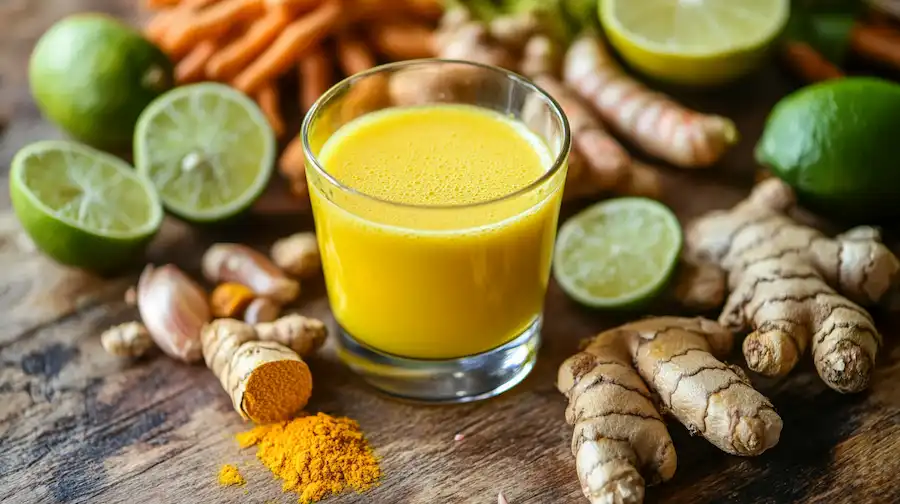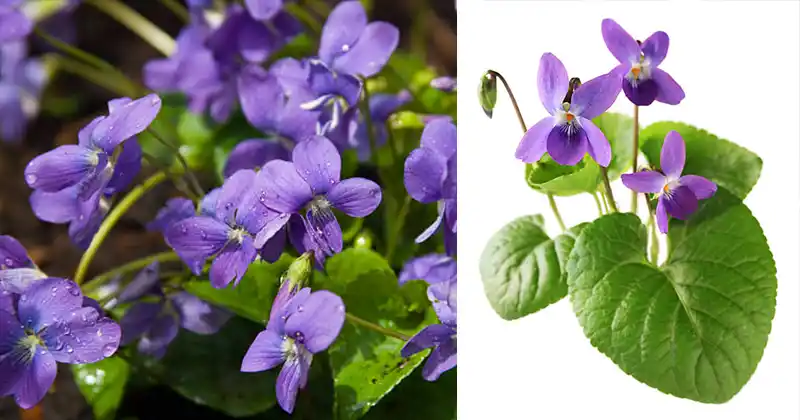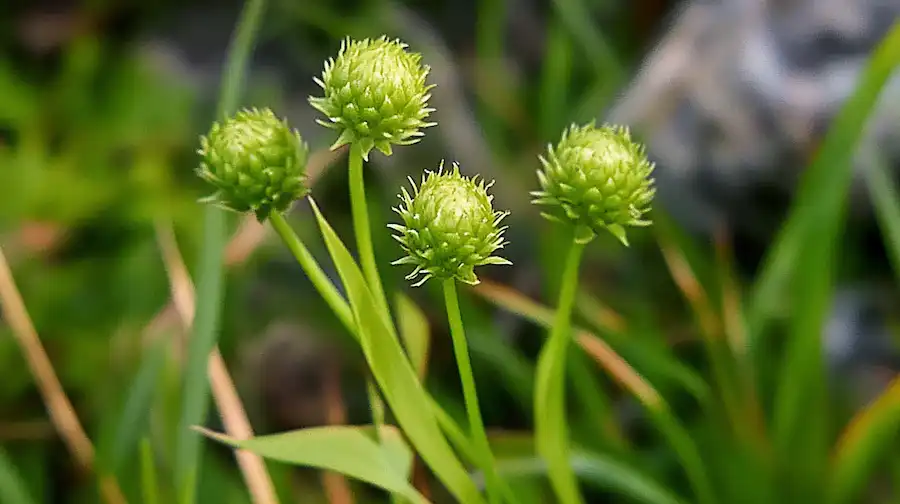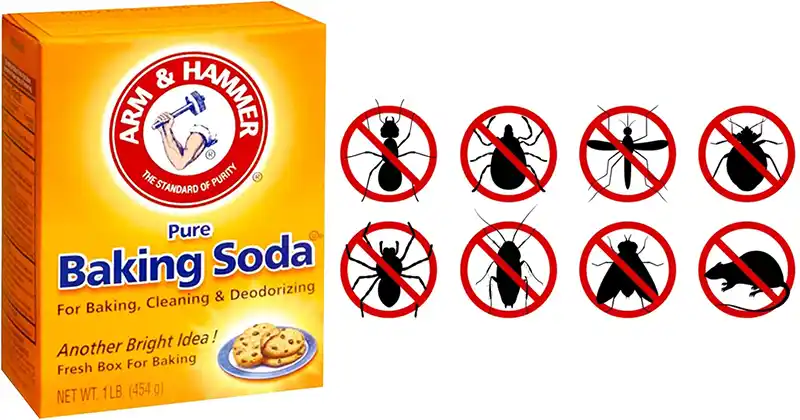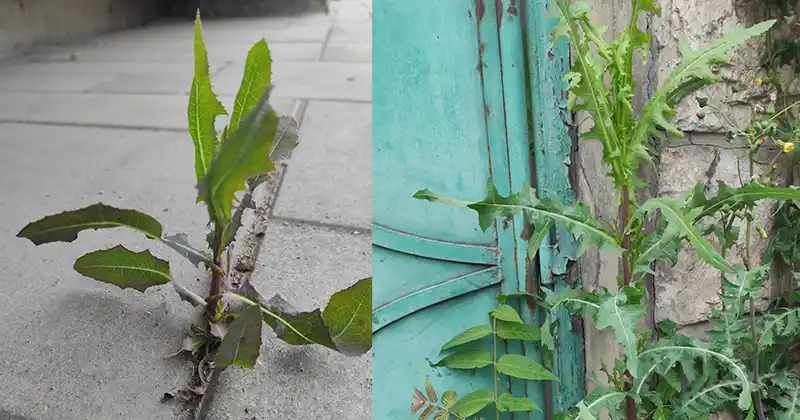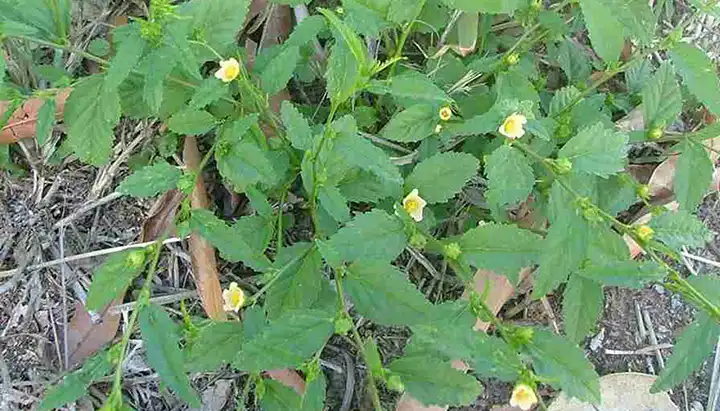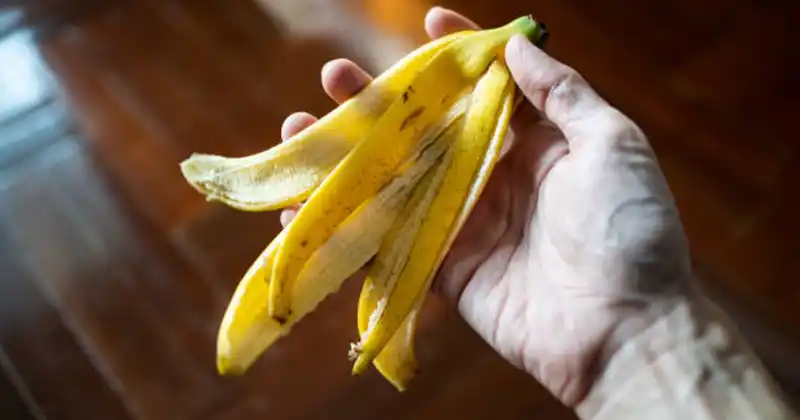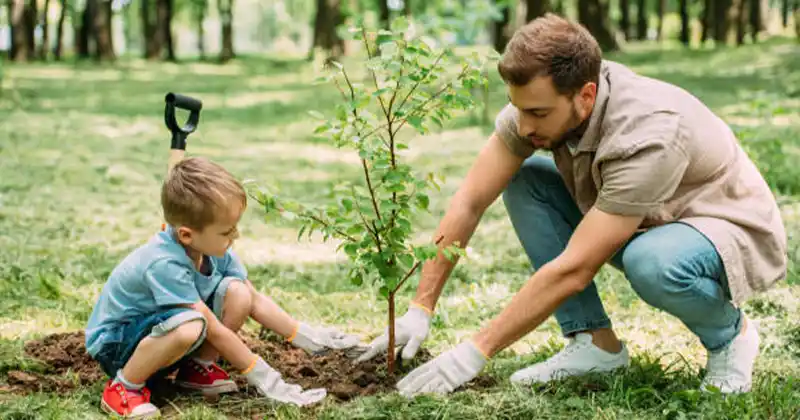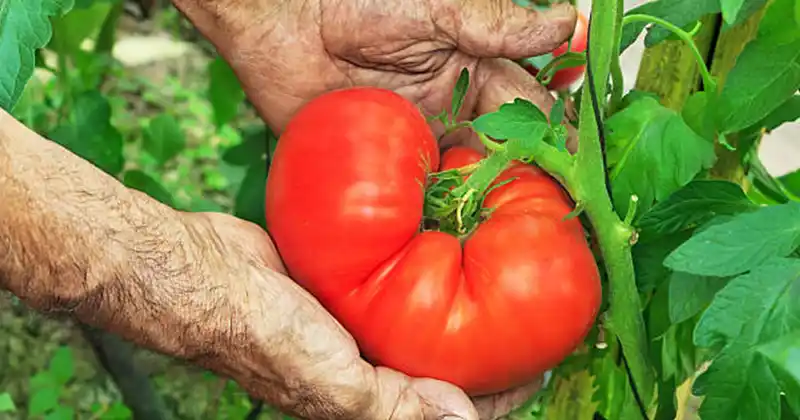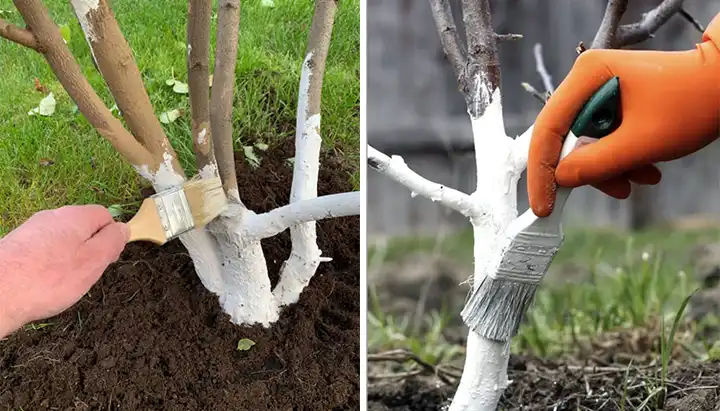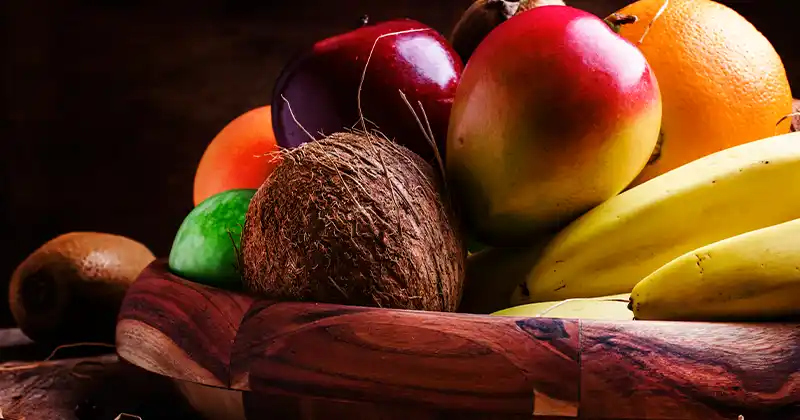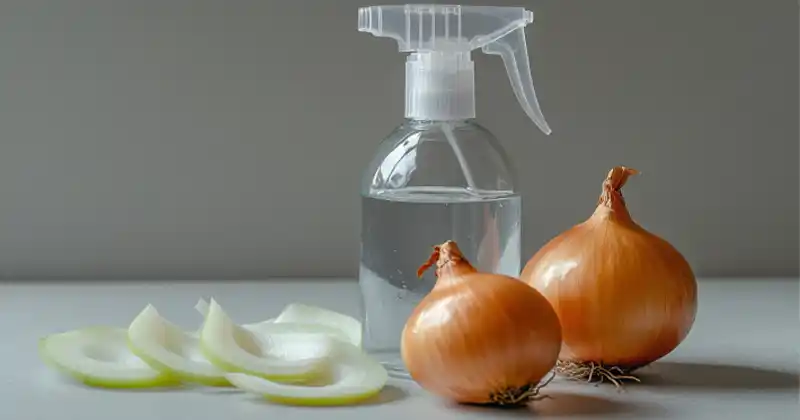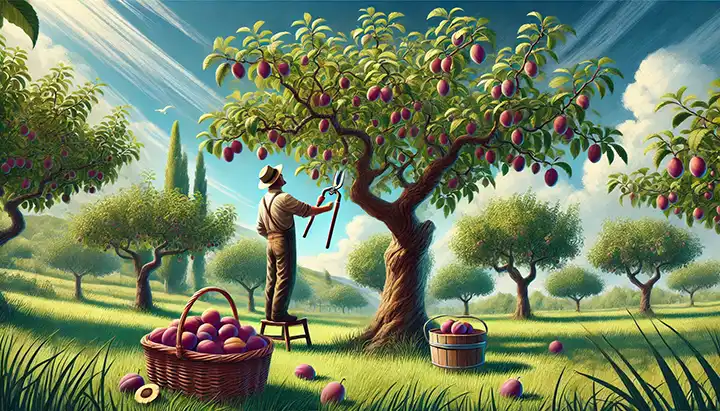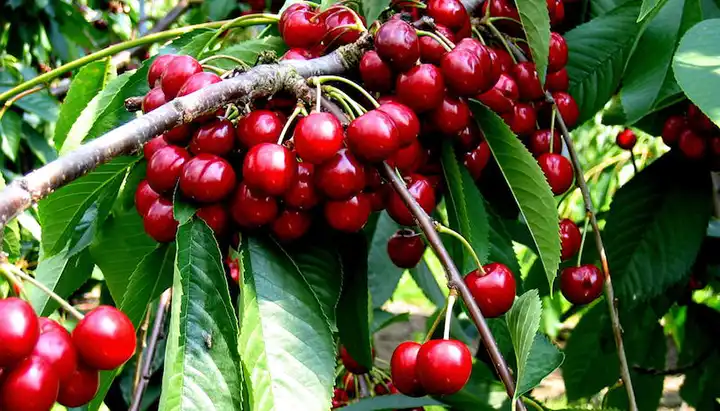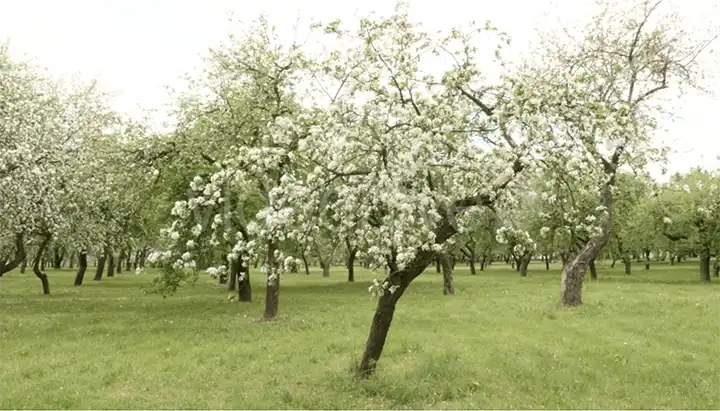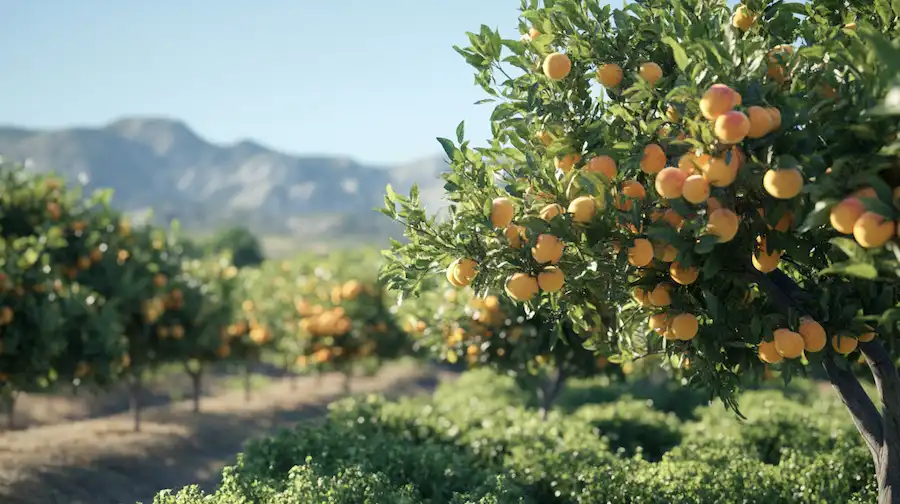Most People Throw Away Eggshells, But They Don’t Know How Important They Are!
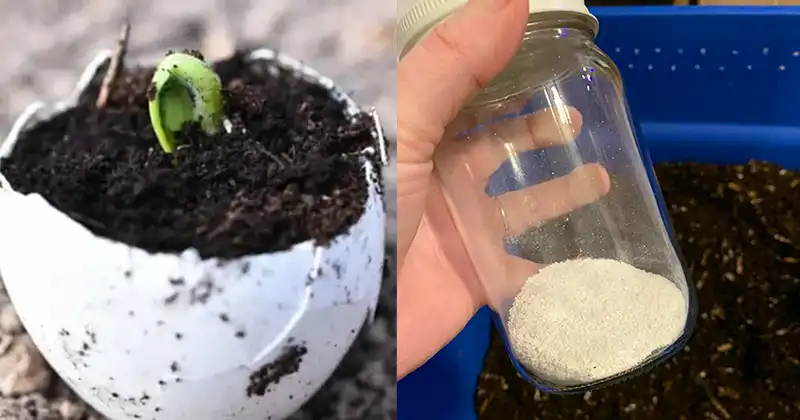
Eggshells are a common household waste product, often discarded without a second thought. However, these seemingly insignificant eggshells have incredible potential when it comes to gardening and cultivating plants. In this article, we will explore the numerous valuable uses of eggshells in the garden and how you can make the most of this natural resource to boost the health of your plants and soil.
1. Nutrient-Rich Fertilizer
Eggshells are primarily composed of calcium carbonate, which is an essential mineral for plant growth. Crushed eggshells can be used as a natural and cost-effective source of calcium for your garden. To prepare eggshell fertilizer:
- Collect eggshells and rinse them to remove any remaining egg white or membrane.
- Air-dry the shells until they become brittle.
- Crush the eggshells into small pieces or powder using a mortar and pestle or a blender.
- Sprinkle the crushed eggshells around your plants or mix them into the soil.
The calcium in eggshells helps strengthen cell walls, promote root development, and prevent issues like blossom end rot in tomatoes. It also adds minerals to the soil, benefiting overall plant health.
2. Pest Deterrent
Eggshells can serve as a natural deterrent against certain garden pests. The sharp edges of crushed eggshells can help protect your plants from crawling insects like snails, slugs, and caterpillars. Scatter crushed eggshells around the base of your plants to create a barrier that these pests are reluctant to cross.
3. Seed Starting Pots
Eggshells make excellent biodegradable seed starting pots. Fill each half-shell with potting soil, sow your seeds, and place them in an egg carton for stability. When it’s time to transplant, simply crush the eggshell and plant the whole thing into the garden. The eggshell will decompose, providing nutrients to the young plant.
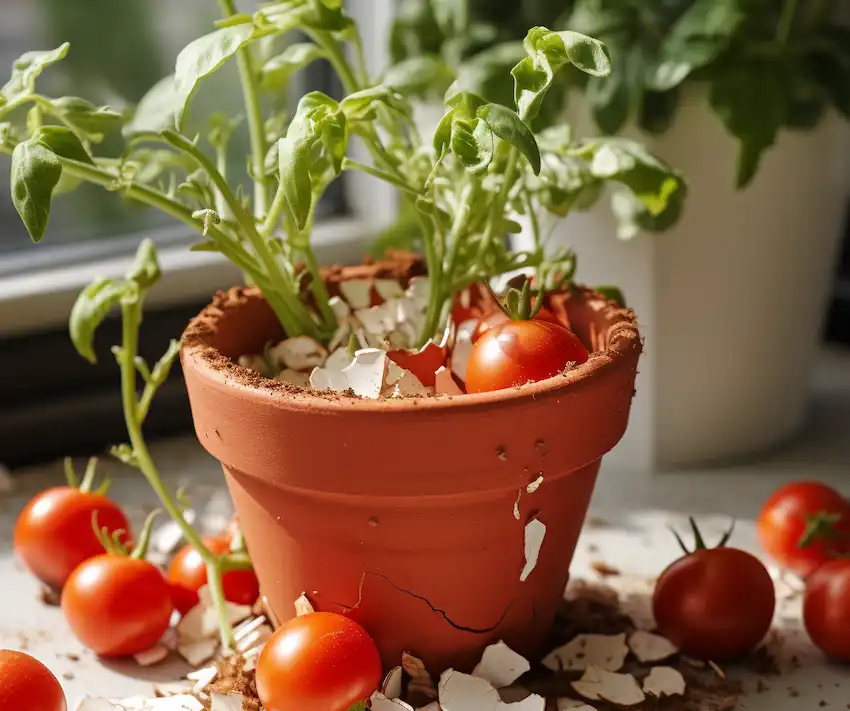
4. Soil Amendment
In addition to calcium, eggshells contain small amounts of other essential minerals like magnesium and potassium. When crushed and mixed into the soil, eggshells improve its structure and provide these vital nutrients to your plants. Over time, this can lead to healthier, more productive gardens.
5. Compost Additive
Eggshells are an ideal addition to your compost pile. Their calcium content balances the acidity of many kitchen scraps, helping create a more neutral pH in the compost. The calcium also supports decomposition and enriches the resulting compost with valuable nutrients.
6. Natural pH Adjuster
If your garden soil is too acidic, crushed eggshells can help raise the pH level. This is particularly beneficial for plants that prefer a more alkaline environment. By incorporating eggshells into the soil, you can create a more balanced and suitable growing environment for your plants.
7. Tomatoes and Peppers
Tomatoes and peppers, in particular, benefit from eggshell applications. The calcium helps prevent blossom end rot, a common problem in these plants. When planting or transplanting, add crushed eggshells to the planting hole to provide a steady source of calcium throughout the growing season.
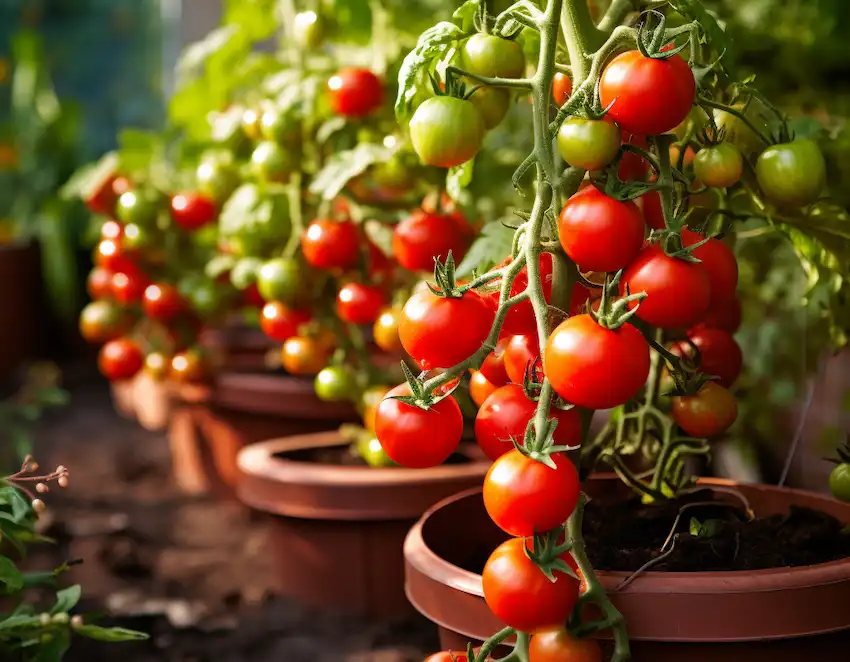
Don’t underestimate the potential of eggshells in your gardening efforts. These seemingly insignificant remnants of your breakfast can serve as a valuable resource for enhancing your plants’ health and productivity. From providing essential nutrients to acting as a pest deterrent, eggshells have a multitude of uses in the garden. So the next time you crack open an egg, think twice before throwing away those eggshells. Give them a second life in your garden, and watch your plants flourish with the natural benefits of these often-overlooked treasures.
